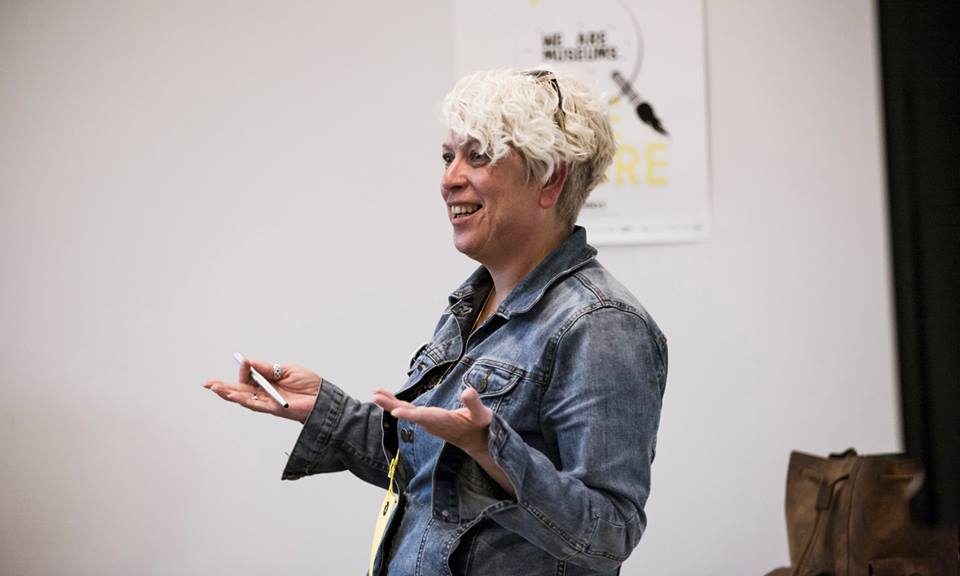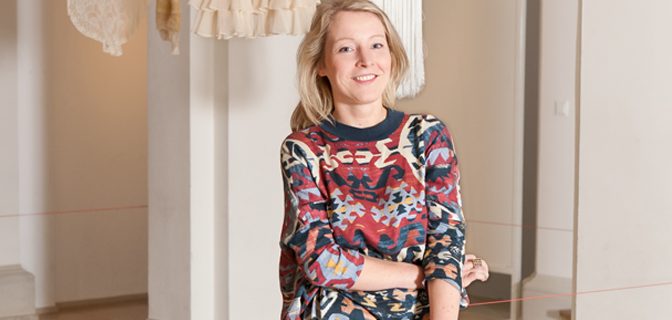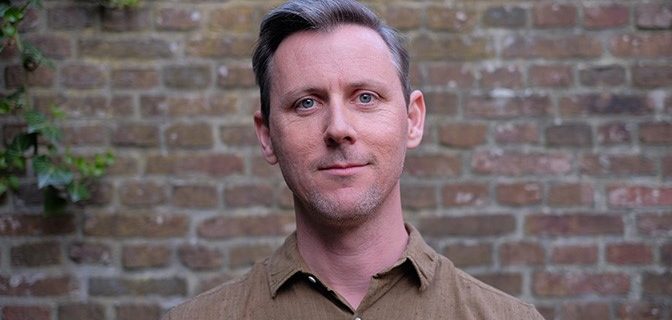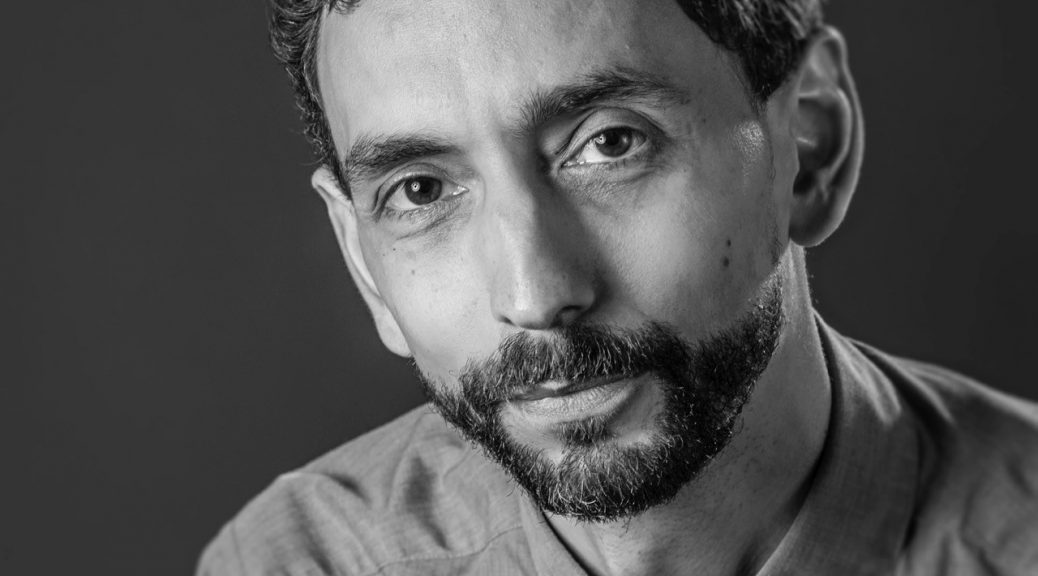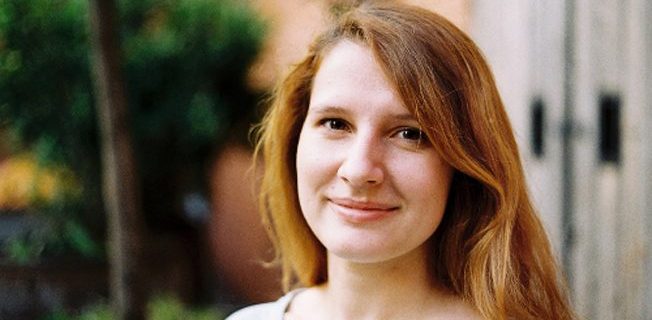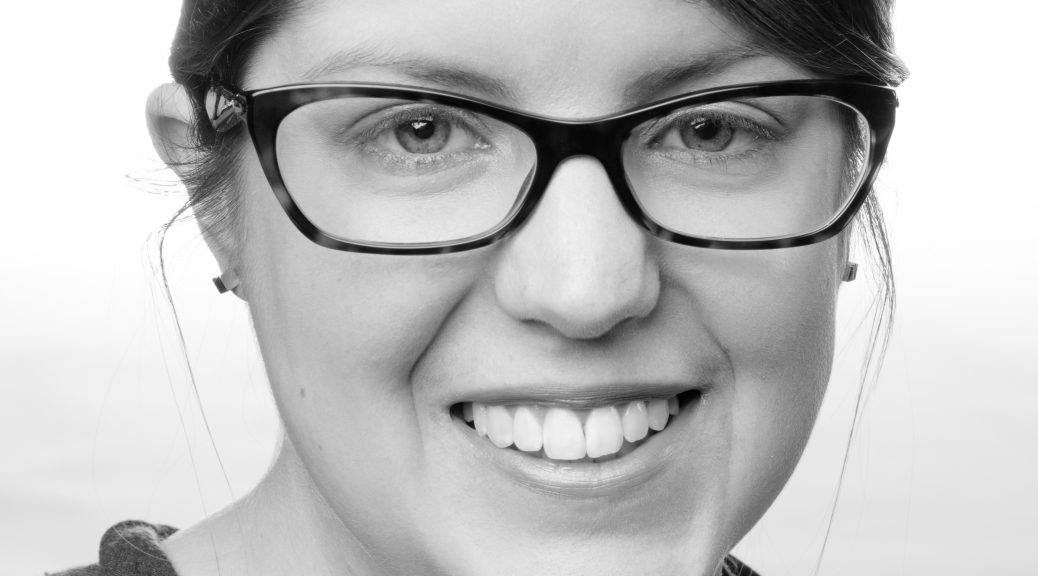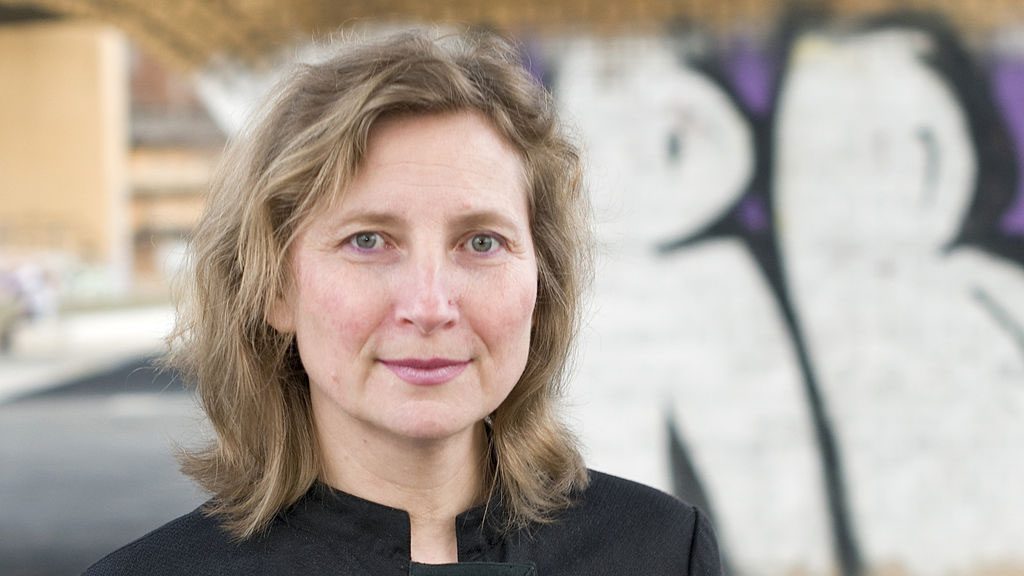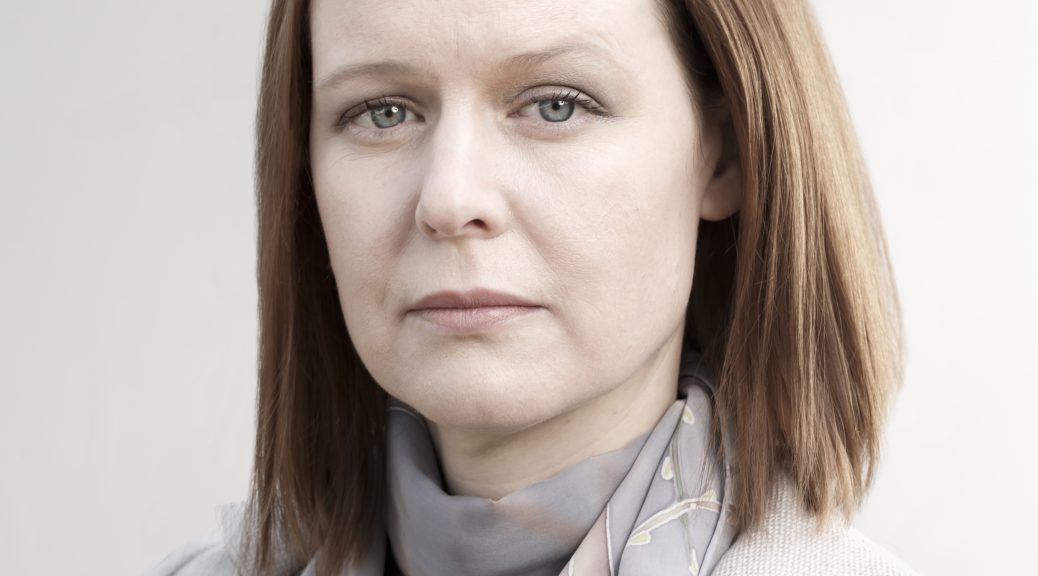Mar is an international project manager, digital and social media specialist and is responsible for world trending social media campaigns like #AskACurator or #MuseumWeek on Twitter and #52Museums on Instagram. She describes herself as an advocate or troublemaker “depending on what you need”.
Category Archives: Hamburg x 2017
All content related to Hamburg x 2017
Friederike Fankhänel
With a diploma in Visual Communications (University of Fine Arts of Hamburg) and experience as a freelance designer, stylist and art educator, Friederike explores the boundaries of traditional museum education and its look. Linking the exhibitions to DIY and crafting, fashion blogging and social media, she hopes to inspire the visitors’ own interest in and creative uses of the art and design collections. Friederike and her colleagues develop guided tours, workshops, participative exhibition parts, interactive and digital content with a focus on offers for all-ages and all-abilities and a preference for interdisciplinary collaborations. Visit Studio MKG to see selected projects.
Douglas McCarthy
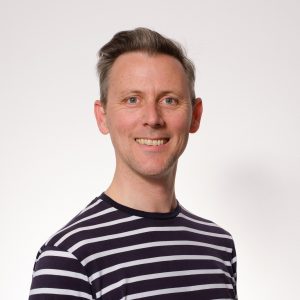
Douglas McCarthy holds an MA in Art History and has worked internationally in museums and archives for almost twenty years. In his current role as Collections Manager at Europeana, Douglas fulfils its mission to ‘transform the world with culture’ by creating compelling narratives using digital collections to be freely shared, reused and remixed. He writes regularly about open access for Europeana Pro and has interviewed leading professionals from institutions such as the Musée de Bretagne, Pinakotheken, Wellcome Collection, Slovak National Gallery and the Cleveland Museum of Art.
Douglas is an active member of the global Open GLAM community and collaborates with many organisations such as Creative Commons, openglam.org and the Wikimedia Foundation. He leads an international survey of open access policy and practice in the GLAM sector with Dr Andrea Wallace and writes about this work on Medium. Douglas is the founder and co-editor of the Medium publication Open GLAM and he has been an Editorial Board Member of the Journal of Digital Media Management since 2012. Follow him on Twitter.
Philipp Geisler
After studying Art History and Social and Economic History, and a non sequitur career in software development, Philipp Geisler has been living his passion for the virtues of open data and the possibilities of civic tech at Code for Hamburg and the Open Knowledge Foundation Deutschland. He incorporated his other passion for art and creative expression as project manager for 2016’s open cultural data hackathon Coding da Vinci Nord. He keeps working on providing new ways to invite new audiences to engage with their (digital) cultural heritage in creative ways to realize its true potential.
Helene Hahn
Helene Hahn is working on different aspects of the knowledge society and the digital world. She devoted herself to the protection of digital human rights and civic participation made possible by the use of technology and open data. At the Open Knowledge Foundation Germany she works as a project lead and is responsible among others for the data literacy program “Datenschule (School of Data Germany)”. As a cultural scientist she is passionate about (digital) cultural heritage. She is a Co-Founder of the cultural hackathon “Coding da Vinci”.
Sarah Powell
Sarah Powell is currently the Rights Specialist at Auckland War Memorial Museum where the philosophy towards access and reuse of their digitised collections is “open by default, closed by exception.” Her role consists of managing rights and permissions for digital images of collection and providing clear and consistent statements for online visitors. She has also been involved with implementing a cultural permissions statement which is assigned to images of Māori and Pacific objects, ensuring ethical and cultural considerations are taken into account alongside legal considerations. She has recently completed a Masters in Museum and Heritage Studies from Victoria University of Wellington where she focused on the adoption of the Open GLAM philosophy within New Zealand cultural heritage institutions.
Barbara Fischer
Barbara is an art manager, aiming to make things possible together. That means intermediating since 1994 among different stakeholders: Institutions and artists, public and organisational pretensions, economic needs and financial limits or for five years now connecting galleries, libraries, archives and museums (GLAM) with volunteers out of the Wikiverse. Thus enhancing GLAM to join the Open Culture movement as in Wikimedia projects. Like the GLAM hackathon Coding da Vinci, which she outlined with DDB, digiS and OKF.
Ellen Euler
Dr. Ellen Euler, LL.M., is Deputy Director of Finances, Law, and Communication of the Deutsche Digitale Bibliothek and Director of the think tank “Cultural heritage digital”. As she studied law and has an additional qualification in information law from the Institute for information, telecommunications and media law (ITM) and a master of laws degree in IT law & law of intellectual property from the course “European Legal Informatics Study Programme” (Eulisp), she is an expert in the (copyright) legal questions of our digital cultural heritage, as well of the economic aspects associated. As national Project Lead she was responsible for the national adaptation of the Creative Commons licenses 1.0. In numerous publications and lectures she handles the topic of how the legal framework must be designed so that archives, libraries and museums can adequately fulfil their respective institutional tasks in the digital and networked era (including articles on legal aspects of Web harvesting, digital long-term archiving and visual catalogue proof, as well as on digital deposit copy right). To merge and accompany the German discourse on cultural heritage in the digital world initiated the series “Cultural heritage in the digital world”, whose first edition “A Future for the Past” was published in 2015.
****Early Bird Special**** Virtual Reality Workshop and Studio Tour
Virtual Reality for Creative Reuses in Cultural Institutions
Thursday, 20/04, 15:00 (invitation required)
If you have registered for the conference before 15/3 you get the opportunity to take part in this preconference special. In case you are among the lucky participants, you will receive an invitation.
This workshop will give an overview of the history of virtual reality and how this technology has become a new tool for a wide range of applications in the last two years. We will take a closer look at how virtual reality could be used for creative reuses of cultural heritage in the context of memory institutions.
During the workshop you will have the opportunity to get to know a number of showcases on the HTC Vive glasses. Just give it a try yourself!
Daniel Schäfer, Media & User Experience
In all of Daniel’s work, he aims to indulge the audience in the experience process and to make technical parameters virtually invisible. Daniel co-founded [i:ko], a Hamburg based company, focusing on content development, smart technologies and media engineering. At [i:ko], he develops content for all forms of media, often interconnecting them – from television, mobile applications to virtual reality and beyond. For him, it is not the platform that matters but the experience that counts at the end of the day.
CC Change Your Mind
Ellen Euler, Deputy Manager of Finances, Law, and Communication, German Digital Library
Barbara Fischer, Curator for Cultural Partnerships, Wikimedia Germany
Often there seems to be a lot of uncertainty around the use of open licenses, like Creative Commons offers them. Buzzwords like copyright, public domain and licensing laws tend to prompt questions and uncertainty in many institutions. Therefore Wikimedia Deutschland and the Deutsche Digitale Bibliothek have developed a fun training program for employees of GLAM institutions and everyone dealing with digitization of cultural heritage who wants to know more about the potential of open licensing for education and learning, science and research, creative reuse and innovation.
